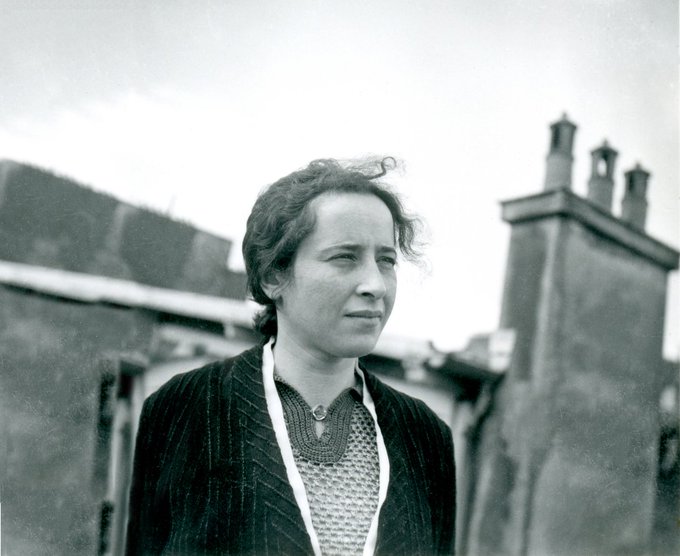"What is most difficult is to love the world as it is, with all the evil and suffering in it."
— Hannah Arendt
Specifically there are universal natural preferences at the physiological level for harmony over dissonance.
"We received this world as an inheritance from past generations, but also as a loan from future generations, to whom we will have to return it!"
@Pontifex/Pope Francis
(courtesy of Timothy Snyder)
But another important reason for the feeling of loneliness arises from the fact that our society lays such a great emphasis on being socially accepted. It is our chief way of allaying anxiety, and our chief mark of prestige. Thus we always have to prove we are a “social success” by being forever sought after and by never being alone.
And for the deeper dive, from Hannah Arendt:
The distinction between the citizen and the individual becomes a problem as soon as we become aware of the discrepancy between public life, in which I am a citizen like all other citizens, and personal life, in which I am an individual unlike anybody else. Equality before the law is not only the distinguishing feature of modern republics, but also, in a deeper sense, prevails in constitutional governments as such, in that all people living under a constitution must equally receive from it what is rightfully theirs. The law in all constitutional forms of government determines and provides suum cuique: through it everybody comes into his own. The rule of suum cuique, however, never extends to all spheres of life. There is no suum cuique which could be determined and handed to individuals in their personal lives.
Arendt, Hannah. Essays in Understanding, 1930-1954 (pp. 333-334). Knopf Doubleday Publishing Group. Kindle Edition.



No comments:
Post a Comment